Mazda 3 Repair Guide
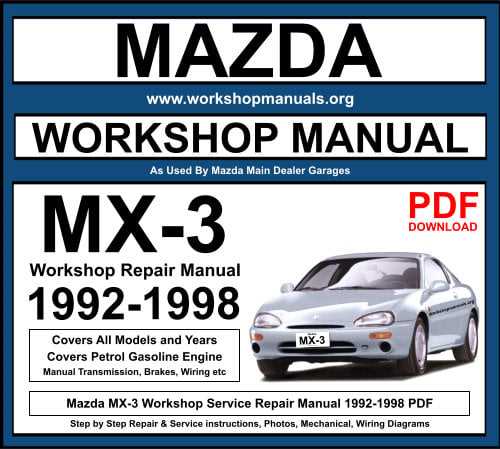
Understanding the intricacies of your vehicle is essential for ensuring its longevity and optimal performance. This section aims to equip you with the knowledge necessary to tackle various aspects of vehicle upkeep effectively. With the right approach and information, maintaining your vehicle can become a manageable task.
Detailed insights into different procedures and care techniques will empower you to handle common issues that may arise. From routine inspections to more complex interventions, having a solid foundation of guidance is crucial. This resource serves to provide clarity and direction, allowing you to approach maintenance with confidence.
Utilizing this information can save both time and resources while enhancing your driving experience. By becoming more acquainted with your vehicle’s requirements, you can ensure it operates smoothly and remains in peak condition for years to come.
This section provides a comprehensive overview of essential upkeep procedures aimed at enhancing vehicle performance and longevity. Following these guidelines will ensure that your automobile remains in optimal condition, minimizing the risk of potential issues down the line.
Essential Tasks
Regularly attending to key maintenance tasks can greatly influence the overall functionality of your vehicle. Here are some critical procedures to consider:
| Task | Frequency | Description |
|---|---|---|
| Oil Change | Every 5,000 miles | Replace the engine oil and filter to ensure smooth operation. |
| Tire Rotation | Every 6,000 miles | Change the position of tires to promote even wear. |
| Brake Inspection | Every 10,000 miles | Check brake pads and discs for wear and tear. |
Final Recommendations
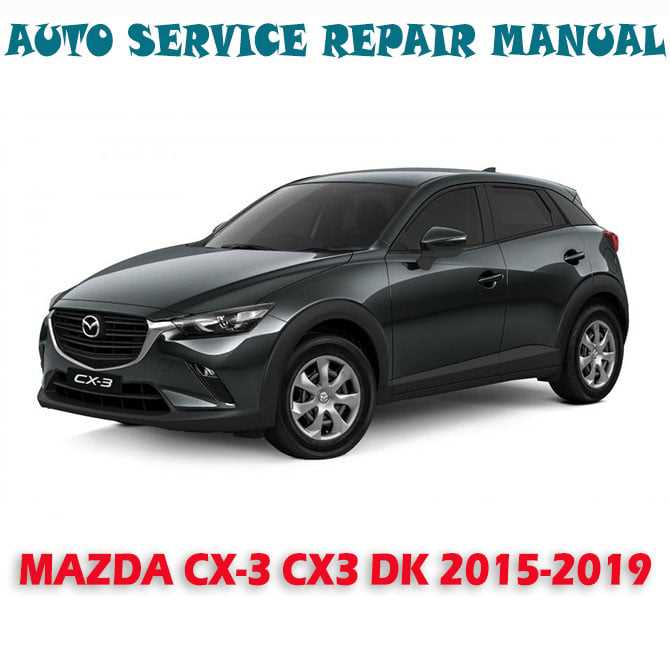
Consistent adherence to these maintenance routines will not only extend the lifespan of your vehicle but also enhance safety and reliability on the road. Regular checks and timely interventions are crucial for preventing costly repairs and ensuring a smooth driving experience.
Tools Needed for Repairs
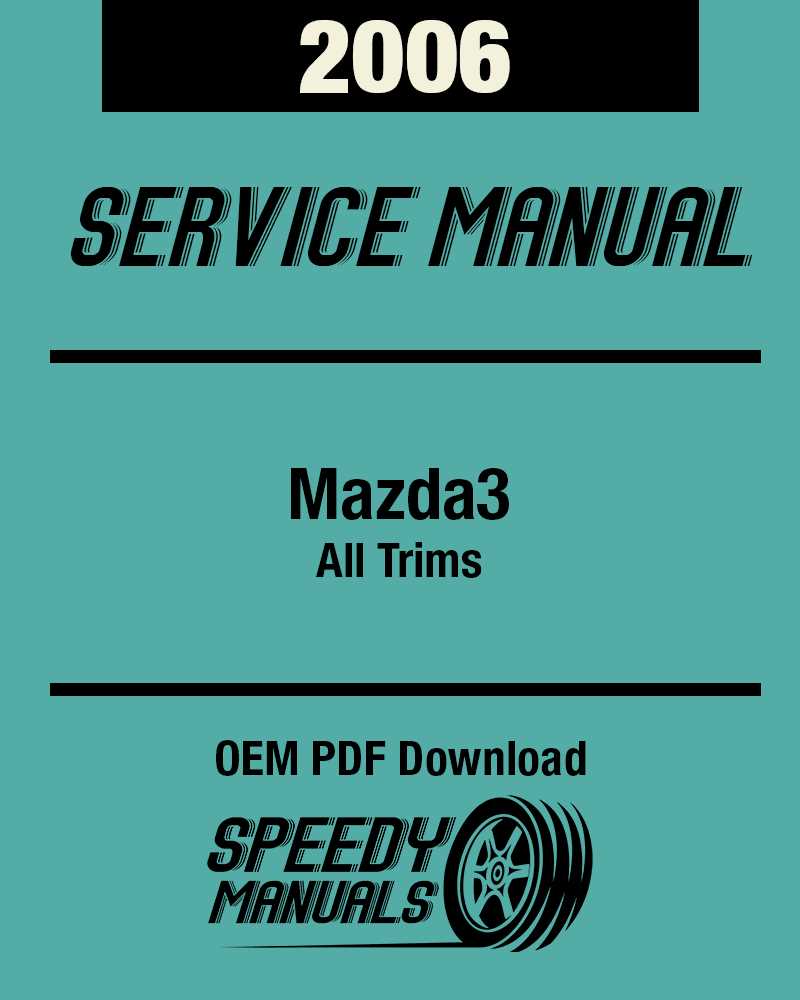
When undertaking vehicle maintenance, having the right instruments is essential for ensuring effective and efficient work. Proper tools not only facilitate tasks but also contribute to safety and precision in each procedure. Below is a list of common equipment necessary for typical maintenance activities.
Essential Hand Tools
Basic hand tools are fundamental for various tasks, including tightening, loosening, and adjusting components. A good selection of these instruments will cover most needs encountered during upkeep.
| Tool | Purpose |
|---|---|
| Wrenches | Used for gripping and turning nuts and bolts. |
| Screwdrivers | Essential for inserting and removing screws. |
| Pliers | Useful for gripping, twisting, and cutting wires. |
| Socket Set | Facilitates the application of torque to fasteners. |
Power Tools
Power tools can significantly reduce the time and effort needed for various tasks. Investing in high-quality equipment can enhance productivity and ensure lasting results.
| Tool | Purpose |
|---|---|
| Impact Wrench | Quickly loosens and tightens large fasteners. |
| Drill | Used for creating holes and driving screws. |
| Grinder | Perfect for cutting and shaping materials. |
| Air Compressor | Powers pneumatic tools and inflates tires. |
Understanding Engine Components
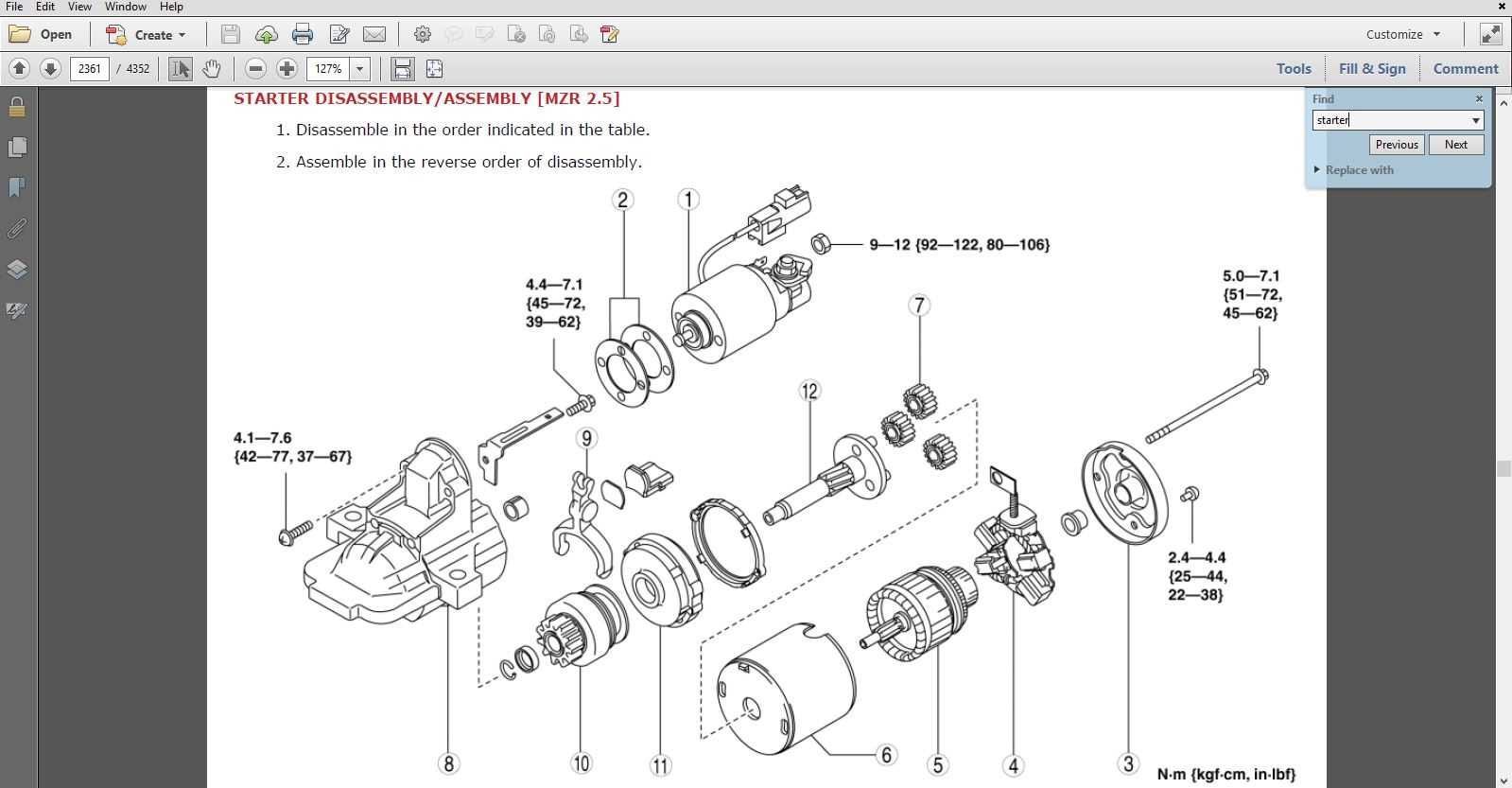
Engines are intricate systems that convert fuel into motion, comprising various essential parts that work harmoniously. Each component plays a crucial role in the overall performance and efficiency of the engine, influencing everything from power output to fuel consumption.
Key Parts of an Engine
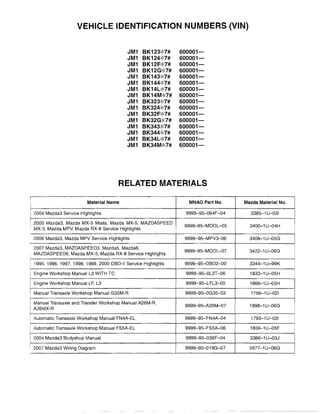
The primary elements include the cylinder block, where combustion occurs, and the crankshaft, which transforms linear motion into rotational force. Additionally, the intake and exhaust systems manage airflow, ensuring optimal operation. Understanding these components can enhance your appreciation of how engines function and their importance in vehicle dynamics.
Maintaining Engine Health
Regular inspections and servicing of these components are vital for longevity. Monitoring their condition helps prevent potential issues that could lead to performance decline. Familiarity with engine parts not only aids in troubleshooting but also encourages proactive care to keep your vehicle running smoothly.
Brake System Troubleshooting Tips
Addressing issues with the braking mechanism is crucial for ensuring safety on the road. This section provides guidance on identifying and resolving common problems that may arise within this vital system.
Common Symptoms to Watch For
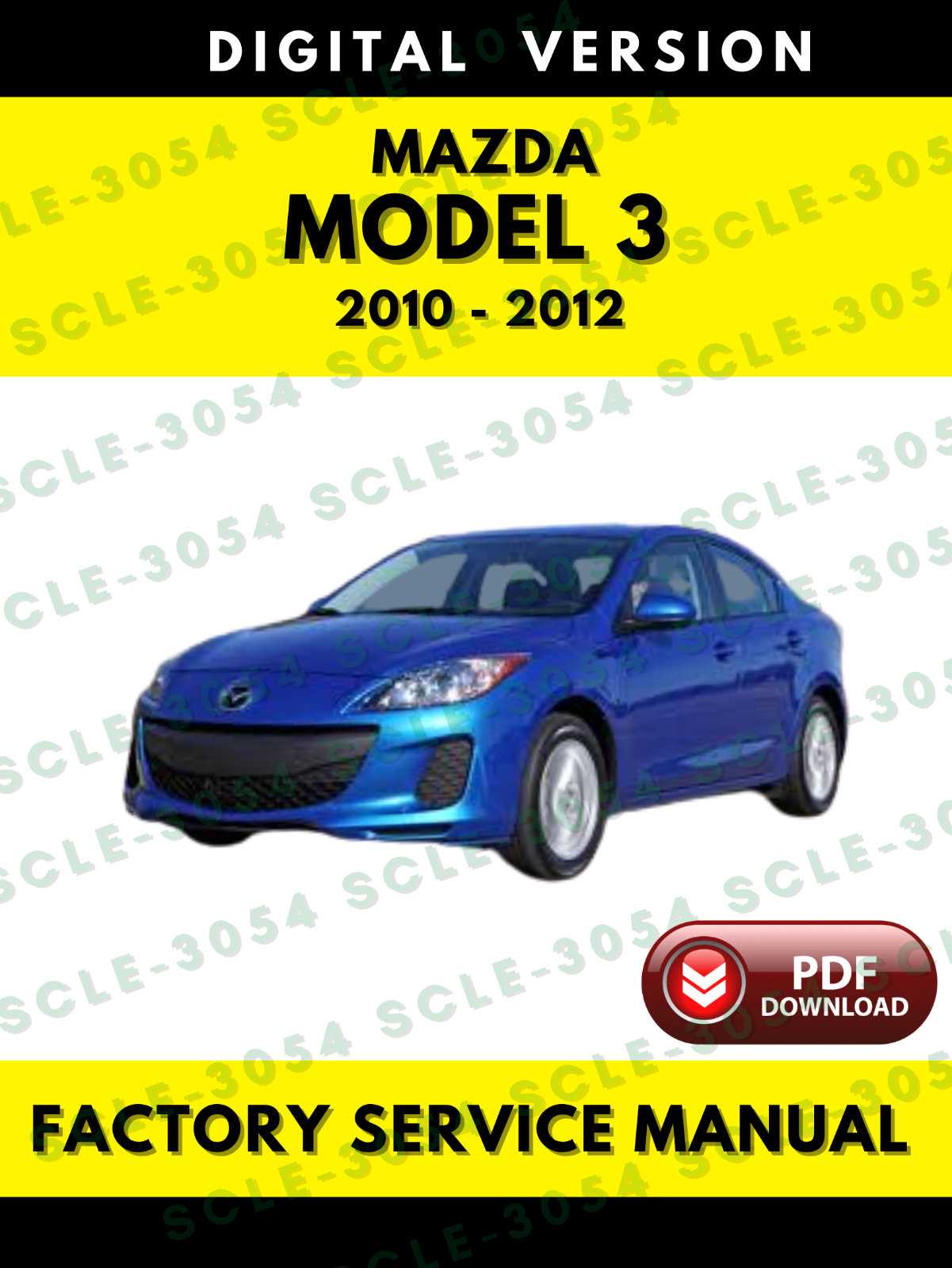
Pay attention to unusual sounds, vibrations, or changes in responsiveness when applying the brakes. These indicators can signal underlying issues that require immediate investigation.
Steps for Diagnosis
Start by examining the brake pads and discs for wear. Ensure that the brake fluid level is adequate and free from contamination. If any irregularities are detected, consider consulting a professional for a detailed evaluation.
Electrical System Diagnostics
The assessment of an automobile’s electrical framework is crucial for ensuring optimal performance and reliability. This process involves identifying issues within the wiring, connectors, and various components that contribute to the system’s functionality.
During the evaluation, technicians utilize specialized equipment to detect irregularities in voltage, current flow, and resistance. Careful inspection of the circuitry can reveal potential faults that may lead to malfunctions. Understanding the symptoms of electrical failures, such as inconsistent lighting or starting difficulties, aids in pinpointing the source of the problem.
Maintaining a well-functioning electrical system not only enhances the driving experience but also prolongs the lifespan of the vehicle. Regular diagnostics can prevent minor issues from escalating into significant complications, ensuring safety and efficiency on the road.
Suspension and Steering Repairs
This section provides essential guidance for addressing issues related to the suspension and steering systems of your vehicle. Proper maintenance and timely interventions can enhance driving comfort and safety, ensuring optimal performance on various road conditions.
Understanding the Components
The suspension system plays a crucial role in absorbing shocks and maintaining vehicle stability. It comprises various elements, including springs, shock absorbers, and linkages. Similarly, the steering mechanism is vital for controlling the direction of travel, involving components like the steering wheel, column, and rack. Familiarizing yourself with these parts is essential for effective troubleshooting.
Common Issues and Solutions
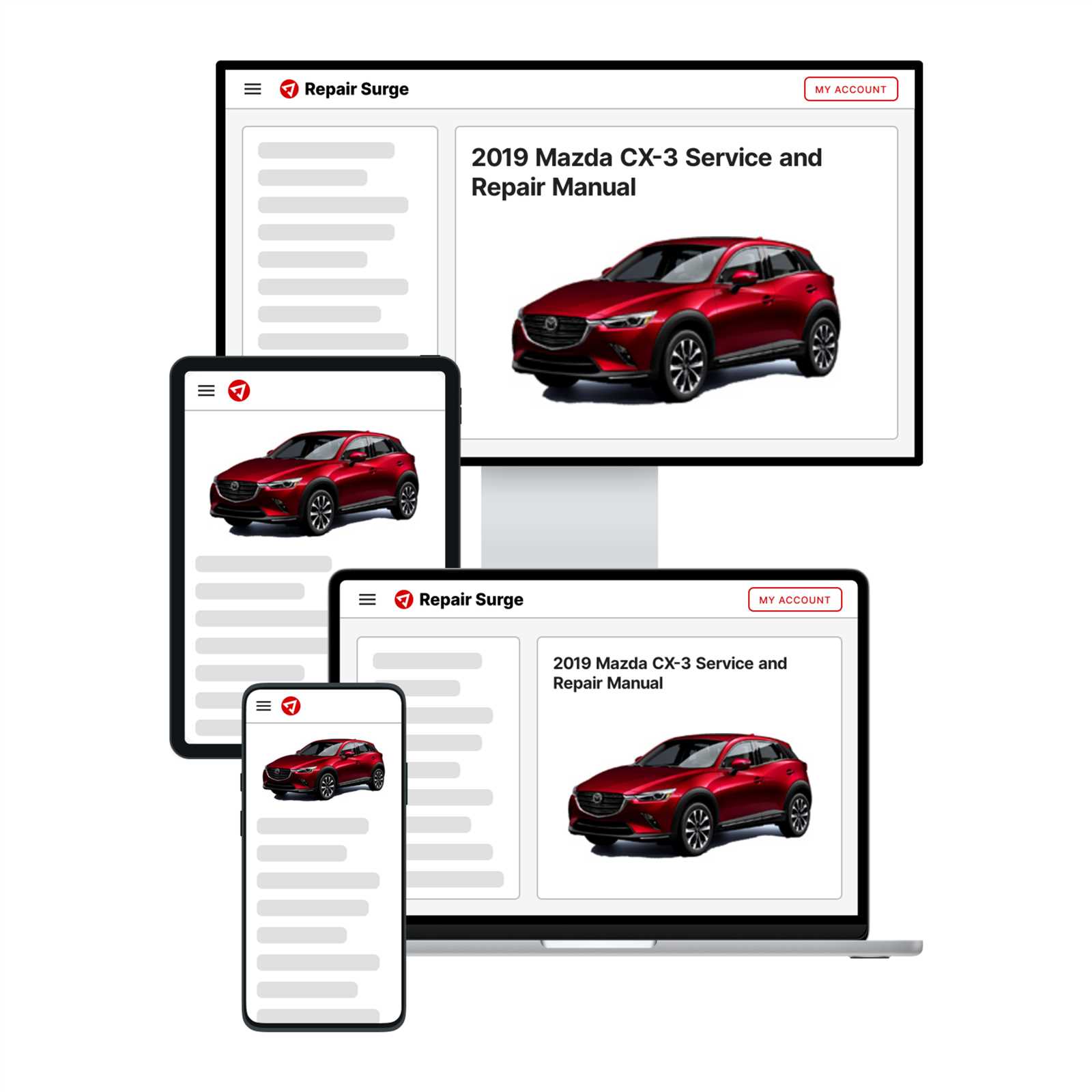
Common problems may include unusual noises during operation or a noticeable decrease in handling precision. Identifying these signs early can prevent more significant complications. Regular inspections and adjustments can help maintain the functionality of these systems, ensuring a smooth and responsive driving experience.
Transmission Maintenance Practices
Proper upkeep of the transmission system is essential for ensuring smooth operation and longevity of your vehicle. Regular attention to this component helps prevent potential issues and enhances overall performance.
Key practices include fluid checks, filter replacements, and periodic inspections to identify wear and tear. Maintaining the appropriate fluid levels and quality is crucial for optimal function.
| Maintenance Task | Frequency | Notes |
|---|---|---|
| Fluid Check | Every 30,000 miles | Look for discoloration or contamination. |
| Filter Replacement | Every 60,000 miles | Ensure proper fluid flow and performance. |
| Inspection | Annually | Check for leaks and unusual noises. |
Following these guidelines will contribute to the efficient functioning of the transmission, reducing the likelihood of more significant issues down the line.
Interior and Exterior Care
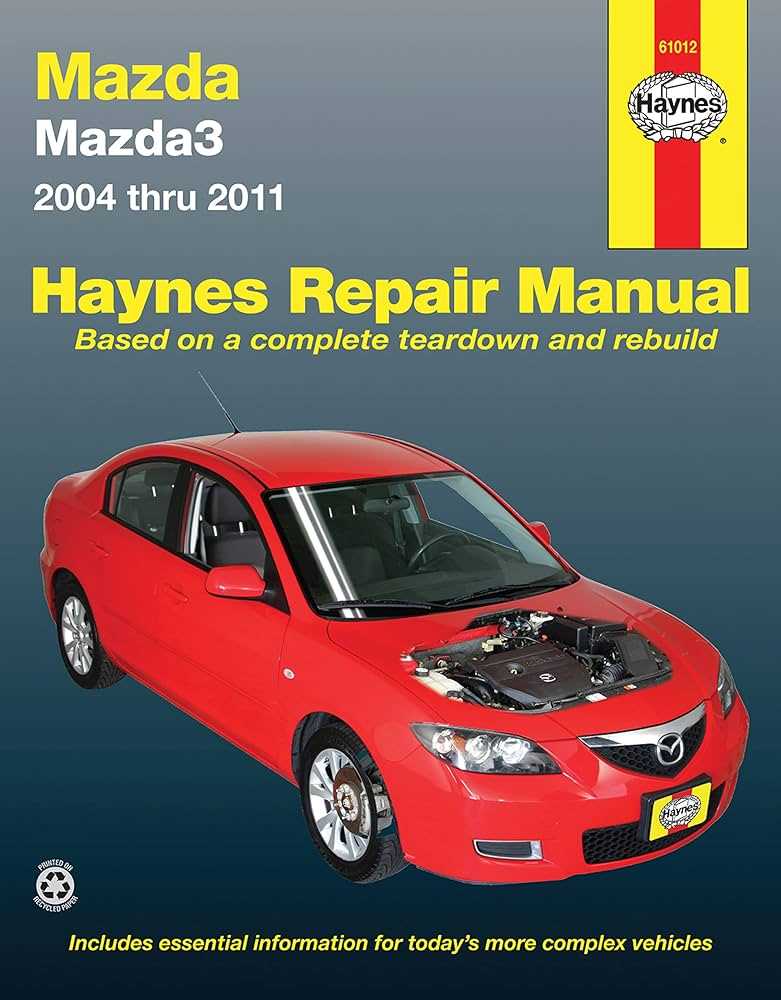
Maintaining both the inside and outside of your vehicle is essential for preserving its aesthetic appeal and functionality. Regular attention not only enhances the visual charm but also contributes to the longevity of various components.
Exterior Maintenance
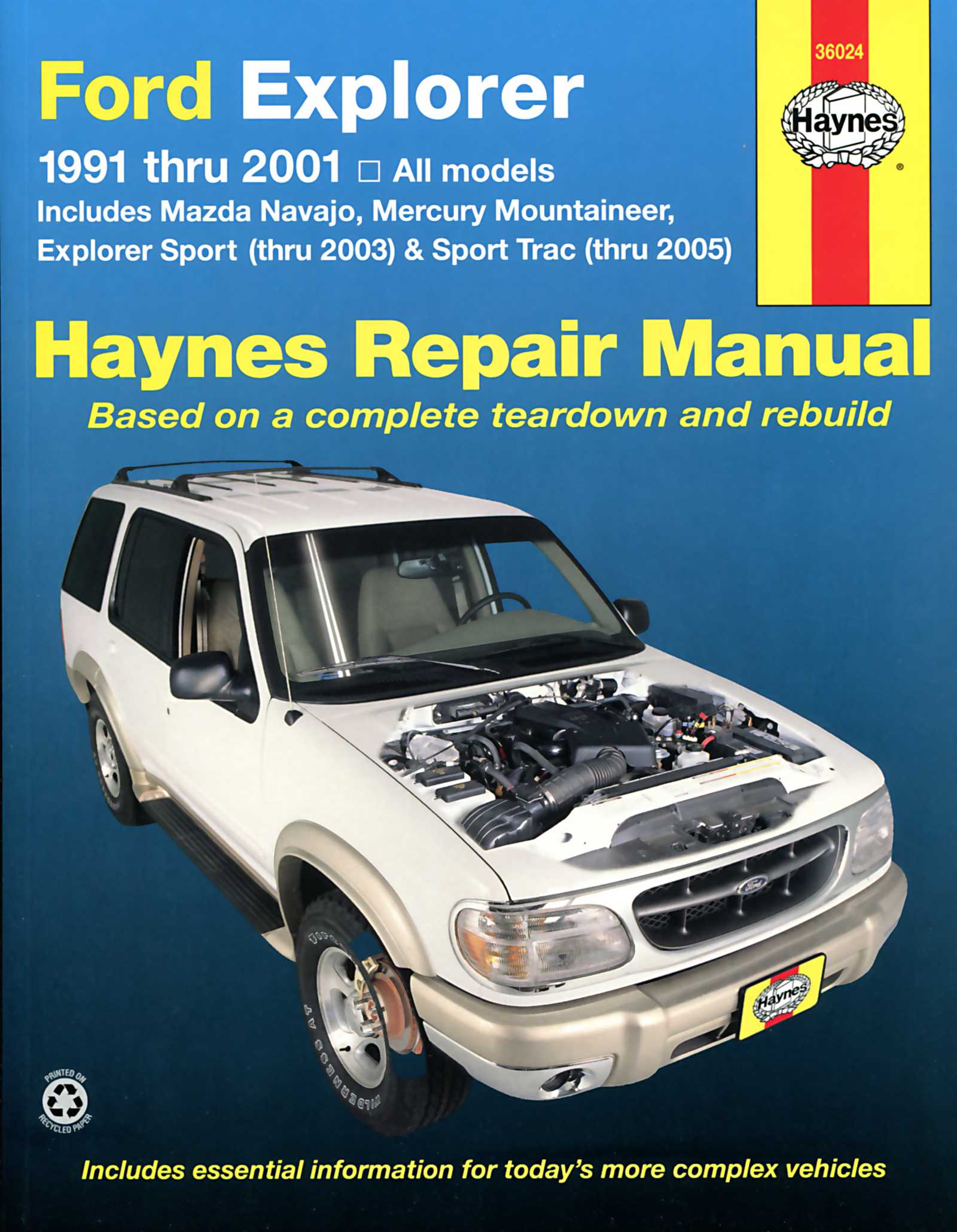
To ensure the exterior remains pristine, it is advisable to wash the surface frequently, removing dirt and debris. Waxing periodically provides a protective layer against environmental factors, while polishing helps restore shine and remove minor scratches.
Interior Upkeep

For the interior, keeping surfaces clean is crucial. Regular vacuuming prevents dirt accumulation, and using appropriate cleaning agents on upholstery maintains freshness. Protecting surfaces from direct sunlight with shades can significantly reduce wear over time.
Using Diagnostic Tools Effectively

Employing diagnostic instruments can significantly enhance the troubleshooting process for automotive issues. These tools allow users to identify malfunctions more accurately and efficiently, streamlining the approach to vehicle maintenance and service. Understanding how to utilize these devices effectively is essential for achieving optimal performance.
Types of Diagnostic Tools
There are various types of diagnostic instruments available, each designed to assist in different aspects of vehicle assessment. Familiarizing yourself with these options can lead to better decision-making when addressing issues.
| Tool Type | Purpose |
|---|---|
| OBD-II Scanner | Reads trouble codes and monitors vehicle systems |
| Multimeter | Measures electrical values such as voltage and resistance |
| Compression Tester | Evaluates engine cylinder pressure |
| Scan Tool | Provides detailed data on various vehicle parameters |
Best Practices for Usage
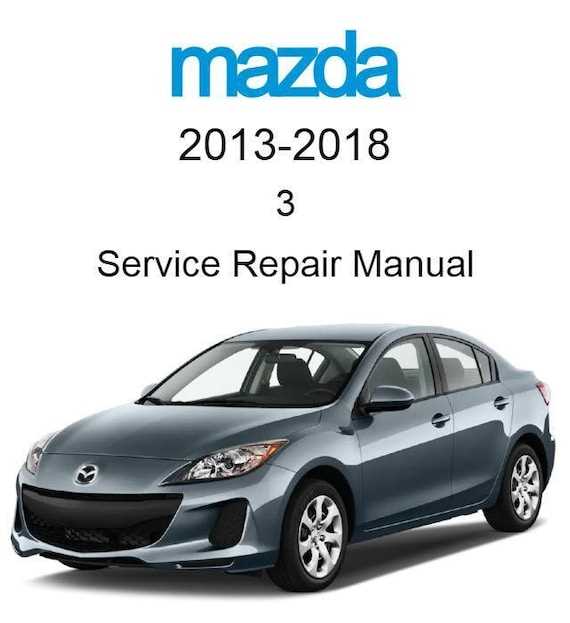
To maximize the effectiveness of diagnostic tools, it is important to follow certain practices. Always ensure that the device is compatible with the vehicle being assessed. Regularly updating software and understanding the readings can further enhance troubleshooting efforts. Additionally, combining the use of multiple tools often yields more comprehensive insights into the vehicle’s condition.
When to Seek Professional Help
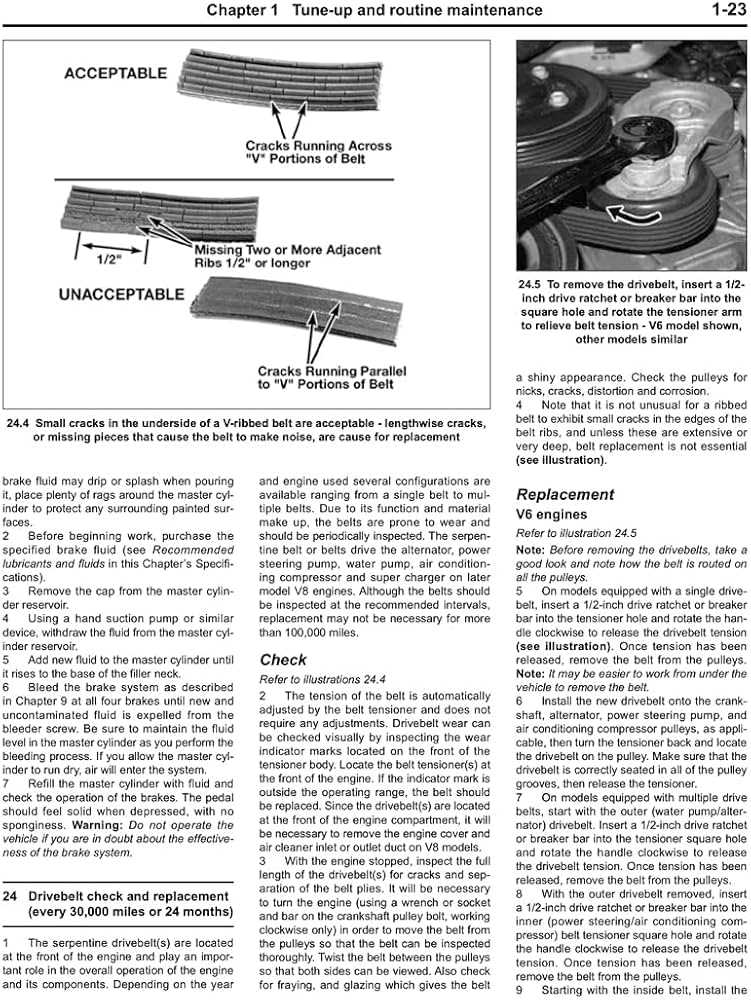
Understanding when to consult an expert can significantly enhance the longevity and performance of your vehicle. While some issues can be tackled by enthusiasts, certain situations warrant the expertise of a trained professional to ensure safety and effectiveness.
Signs Indicating the Need for Assistance
- Unusual noises during operation
- Warning lights on the dashboard
- Inconsistent performance or handling
- Fluid leaks under the vehicle
- Changes in fuel efficiency
Benefits of Professional Services

- Access to specialized tools and equipment
- Expert knowledge of intricate systems
- Comprehensive diagnostics for accurate problem identification
- Warranty protection for repairs performed
- Time-saving solutions for complex issues